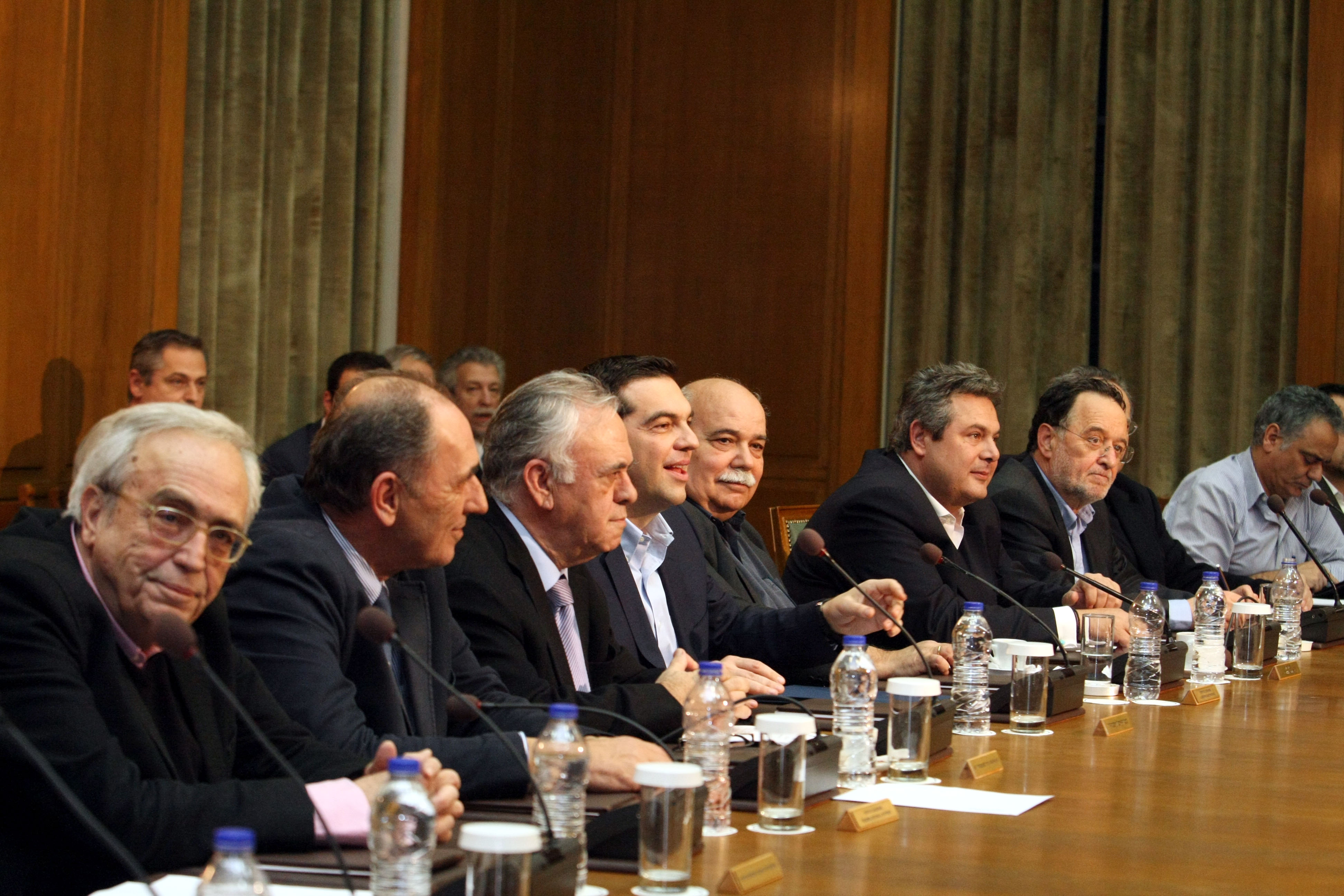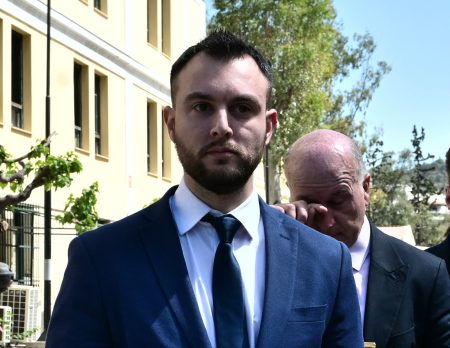There is a lot of talk about an agreement, but so far we have not seen anything. There have been many preliminary announcements for an upcoming deal, but so far they have all been refuted.
Before Easter many central Ministers predicted with certainty that a deal was imminent.
The Easter celebrations came and went, we are now in the middle of May and the agreement has yet to come.
Greece has managed to survive without it for the past four months, in the name of the so-called proud negotiation, the drama of an extended suspension and delay, which is not simply erasing the expected gains, but is turning out to be absolutely damaging as the stabilization that is being claimed becomes costlier.
Worst of all, each announced “milestone” of the negotiation is being disputed by members of the governing part, with the Minister of Finances being the most prominent.
On Thursday Mr. Varoufakis followed up the government council’s decision to expedite talks in the Brussels with a barrage of ambiguous statements, which did anything but serve the agreement.
While listening to him, for some unknown reason most had the feeling that he was almost undermining the agreement.
And one could reasonable ask the point of the Prime Minister giving instructions to the special negotiator, professor G. Houliarakis, to do his best for an agreement, when the Minister of Finances, at best, does not event support them.
Anyone closely following the negotiations will know that until the negotiation team was replaced, the progress was limited and covered only 10% of the deal. That was the reason why the Finance Minister was sidelined and other people were appointed to handle the negotiation/
The direct implication of Mr. Tsakalotos and Mr. Houliarakis allowed for the technical teams to participate in the negotiations, covering half of the distance for an agreement.
Meanwhile, valuable time was lost and the opportunity of a so-called interim agreement was missed. Now a package deal is necessary and there are only three weeks left to achieve it.
During this time it is necessary to close the review of the previous program, cover the financial deficit f 2016 and the budget gap of the next two years, until 2016.
This is the case when the partners and creditors demand clear fiscal measures, as they believe there will be recession in 2015, dispute the government’s ability to increase revenue by tackling tax evasion and do not trust the estimations regarding privatizations, because the climate in the government is against them.
Based on all of the above, one can understand why the much-touted agreement remains difficult and precarious.
Unfortunately, of the three weeks go by without any fruition of an agreement, then Greece will be without a program, whatever that may entail.
Interestingly, in these prolonged negotiations, there are some European partners who are starting the flirt with the idea of a real financial impasse for the Greek side.
The tougher ones do not shy away from their belief that only a shock, similar to what the Cypriots experienced, would allow one to fully appreciate the situation Greece is in.
However, as it appears and in spite of the many difficulties and internal hurdles, the main team around the Prime Minister is working towards an agreement.
Provided, of course, that they are not betrayed from the inside once more and “SYRIZA time”, this peculiar relationship with time that characterizes the new left wing, which has been governing for the past four months.
Antonis Karakousis





